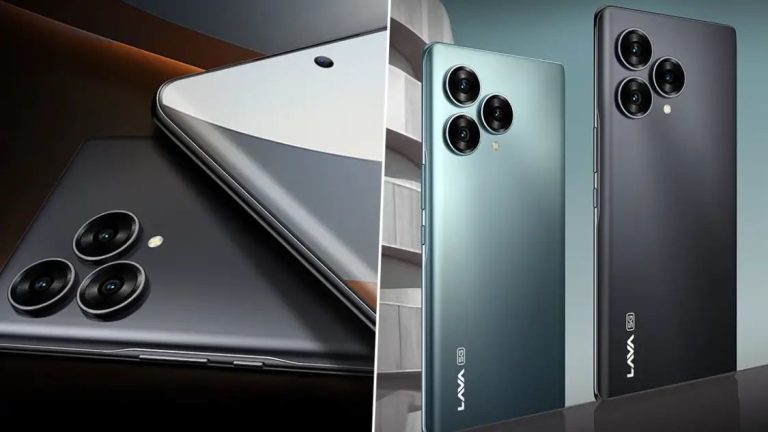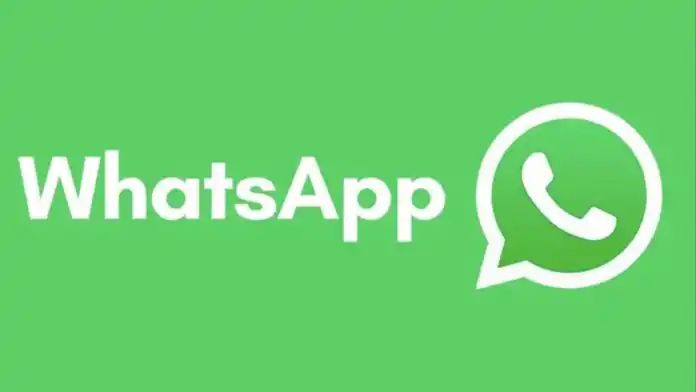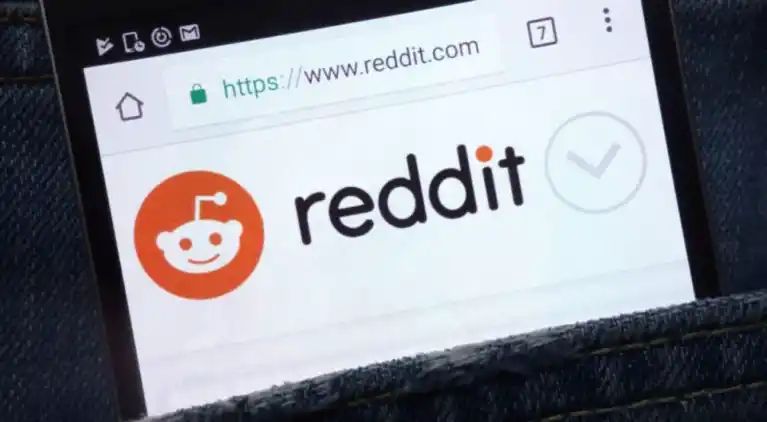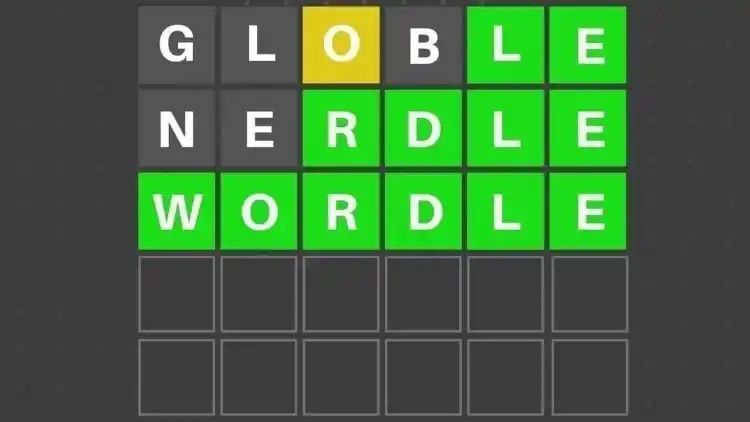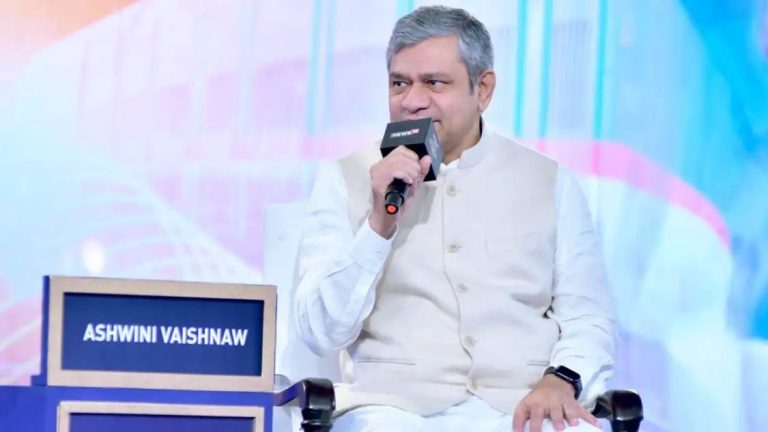WhatsApp Reveals Details on Interoperability Messaging Functionality
Meta has announced the implementation of a DMA-compliant feature in WhatsApp, enabling third-party interoperability in Messenger and WhatsApp while maintaining end-to-end encryption.
The post WhatsApp Reveals Details on Interoperability Messaging Functionality appeared first on Newsd.in.
WhatsApp Reveals Details on Interoperability and Messaging Functionality: Following considerable discourse regarding the compatibility of WhatsApp with third-party applications, Meta has formally declared the implementation of the DMA-compliant feature slated to commence on March 7. The guidelines outlining the process by which the organization led by Mark Zuckerberg will enable third-party interoperability in Messenger and WhatsApp while maintaining end-to-end encryption (E2EE) have been released. The specifications are as follows:
Mastering WhatsApp Message Formatting: A Quick Guide
Specifics Regarding WhatsApp and Messenger Interoperability
Meta’s official blog states that third-party developers must use Signal, the gold standard for E2EE communications. WhatsApp has used the same encryption since 2016, and Messenger is testing end-to-end encryption by default.
Meta also prefers third-party developers use Signal to encrypt their work, but it may make exceptions. For interoperability, Meta allows developers to use alternative protocols if they can prove they provide Signal-level encryption and security.
Meta warns customers that while the signal-based safe interoperability solution works, it cannot guarantee third-party program communications behavior. It implies that interoperability may be less secure than Meta’s current services.
It is suggested that third-party developers utilize the organization’s current signal-based solution to reduce obstacles for other applications. Furthermore, enhancing client/server reliability will be possible, as Meta’s infrastructure currently handles over 100 billion messages per day.
Meta allows other applications to use their protocols as long as a proxy is placed between the clients of the applications and the WhatsApp servers. Furthermore, Meta users must pay for extra spam protection. Third-party developers must execute a contract before activating interoperability, as mandated by Meta.
Shortly, the organization intends to release reference offers for third-party providers on WhatsApp and Messenger. It is evident that Meta, despite adhering to DMA’s interoperability requirement, is maintaining a position of influence by urging developers to utilize its current client/server architecture.
In case you were unaware, the Digital Market Act (DMA) of the European Union mandates that tech giants create interoperability among applications and open up their relatively closed ecosystems. DMA mandates that administrators of services such as Meta, Google, and Apple permit the integration of third parties.
How will third-party interoperability with WhatsApp function?
Meta details how compatibility will be maintained during encryption. The blog post indicates that third-party applications that link to Meta must keep media files transferred to Meta’s platforms on their servers. To safeguard Meta users, WhatsApp and Messenger will use a Meta proxy device to get encrypted media from these servers. Detailed feature functioning information is also expected.
When Will Third-Party Chat Support Be Made Available on WhatsApp?
Meta is obligated to address third-party interoperability, but public availability may take time and its scope is unknown, potentially including the European Union or India.
Given Meta’s confirmation of its third-party chat feature’s intentions, answers to all of these inquiries should be forthcoming. More will be forthcoming regarding this.
WhatsApp Introduces Custom Stickers on iOS, Simplifying User Experience

